PlayStation needs to stop remastering everything: Leave Horizon Zero Dawn alone
Sony is doing a disservice to creativity
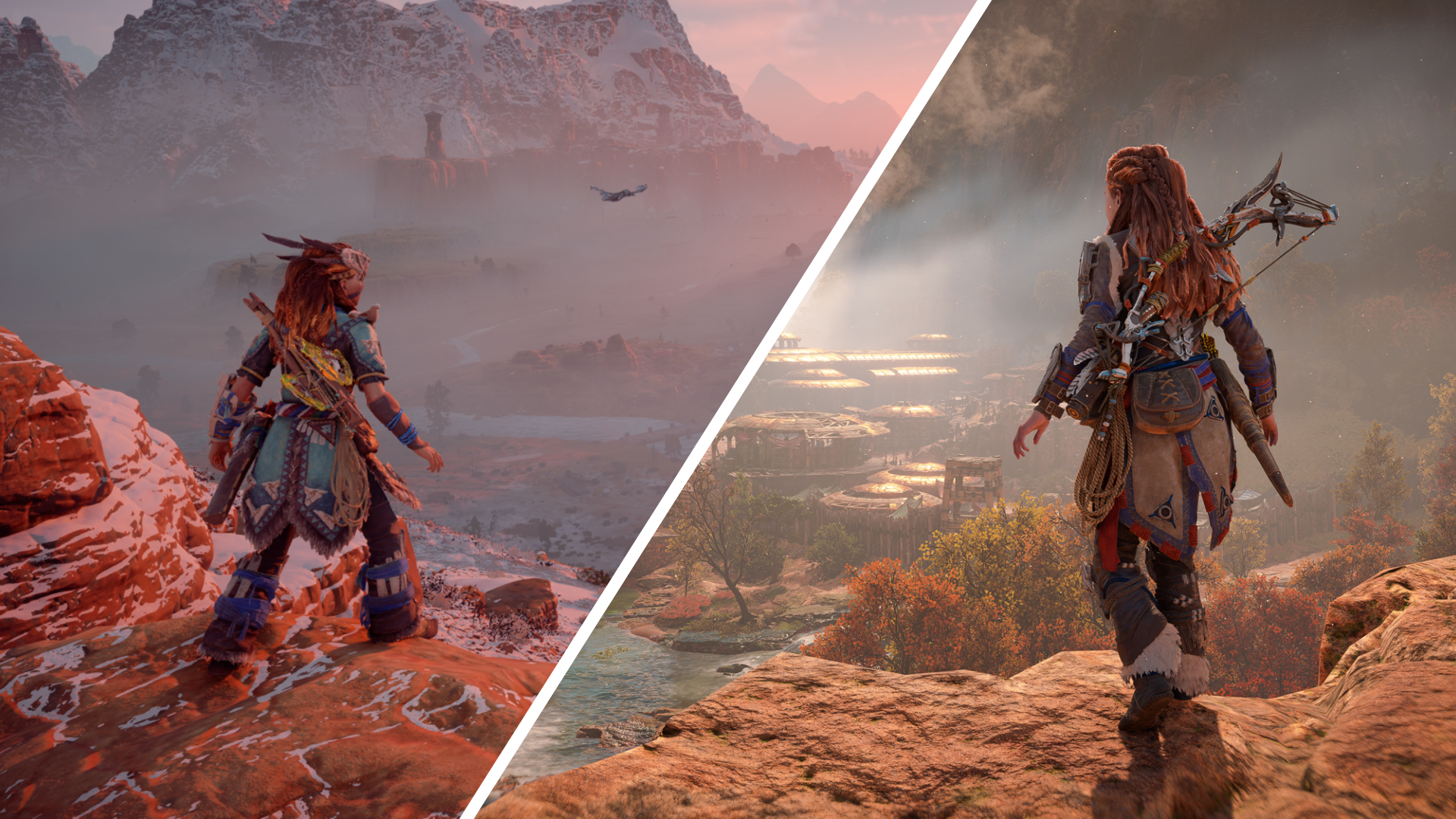
Sign up to receive The Snapshot, a free special dispatch from Laptop Mag, in your inbox.
You are now subscribed
Your newsletter sign-up was successful
Ever since the launch of the PS5, PlayStation has been fixating on a new game development strategy: remaking and remastering games that aren’t particularly old. Titles from just a generation ago are receiving a considerable degree of treatment to be brought back into the spotlight. In fact, one third of Sony’s first-party titles from this year fall under that category.
These include The Last of Us Part I, a from-the-ground-up graphical remake of the original PS3 game, and Uncharted: Legacy of Thieves Collection, a port that bundles both Uncharted 4 and Uncharted: The Lost Legacy with visual enhancements and frame-rate improvements.
Just last year, it seemed like Sony’s desire to bring games to the current generation would come with minor improvements. Ghost of Tsushima Director’s Cut is most comparable to a port outside of its inclusion of the Iki Island expansion. And there’s also the Death Stranding Director’s Cut, which boasts new missions, a firing range, and a widescreen mode.
But recently, several reports suggest Horizon Zero Dawn is receiving a graphical remaster, and it seems comparable to a remake in many ways. So far, we know that it will feature enhanced lighting, overhauled textures, character models on par with Horizon Forbidden West, and better animations. We’re also expecting “subtle improvements” on the gameplay, most likely having to do with quality of life changes.
Since a majority of the visual elements are being overhauled along with some gameplay changes, it seems like more than a port. While this may sound great for fans of Horizon Zero Dawn, I am curious about its purpose. What’s the obsession with remakes, Sony?
Interrogating Sony’s obsession with remakes
Remakes are a relatively new trend, and we’re seeing the populace’s obsession with them come to light more with every passing year. After all, from-the-ground-up remakes of Dead Space, Star Wars: Knights of the Old Republic, Prince of Persia: Sands of Time, and Resident Evil 4 are still coming.
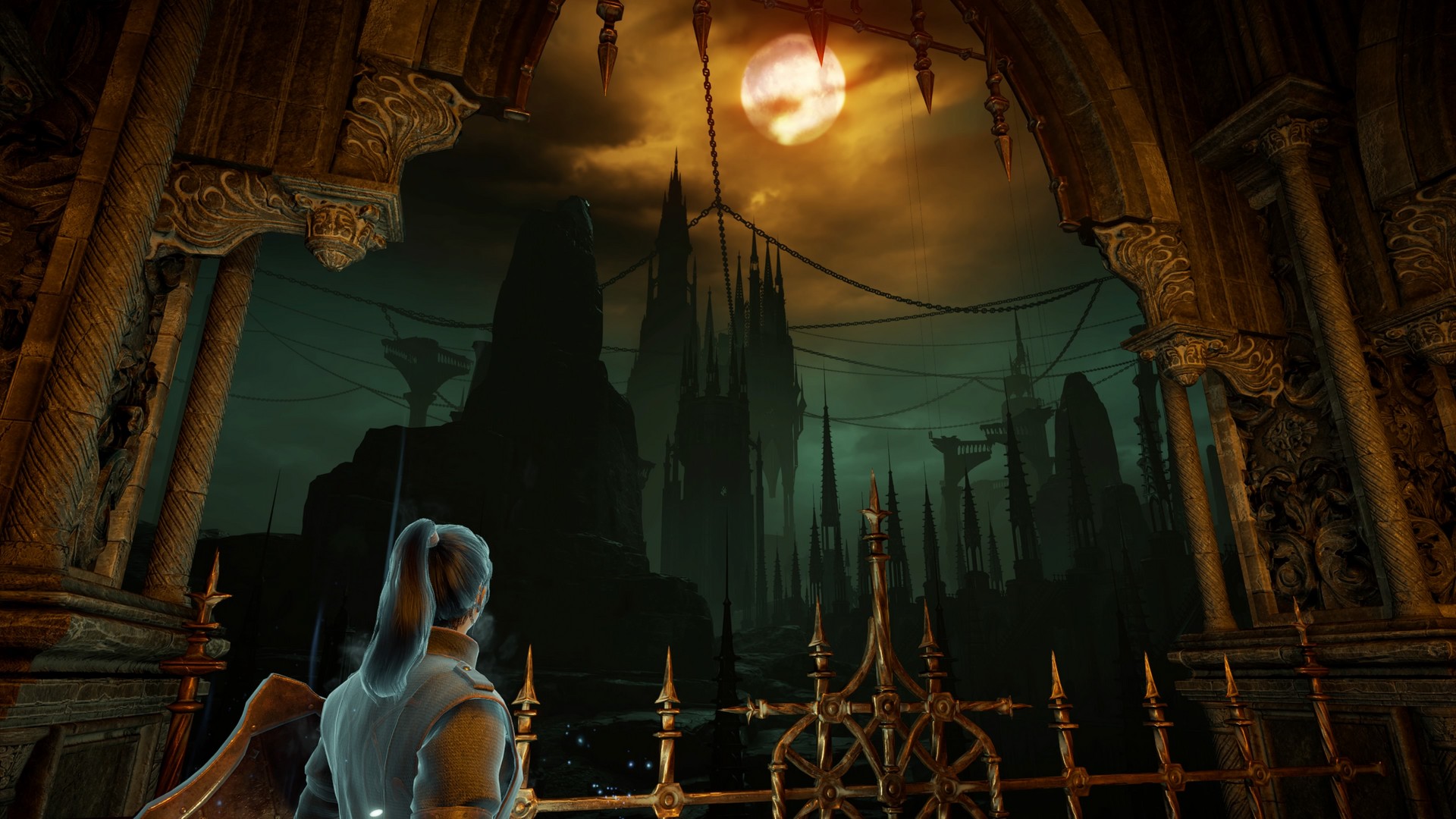
People love them, and consequently, companies love making them even more. It’s a simple science for publishers: take a game people adore and find a way to charge full price for it again. Demon’s Souls and Final Fantasy VII are some of my favorite games of all time, so of course I was excited to jump into their remakes on day one. It guarantees immediate interest from die-hard fans, and it’s getting to the point where it’s a more financially viable alternative than creating a new IP or sequel.
Sign up to receive The Snapshot, a free special dispatch from Laptop Mag, in your inbox.
Sony even has a studio dedicated to remakes and remasters. Bluepoint Games is responsible for bringing Shadow of the Colossus and Demon’s Souls onto modern consoles, with both games featuring major graphical improvements compared to their originals. It makes sense why these games exist; they’re technological showpieces that give us a sense of what a great old game would look like with modern graphics — and it’s often breathtaking. I still can’t name a more graphically astounding game than Demon’s Souls.
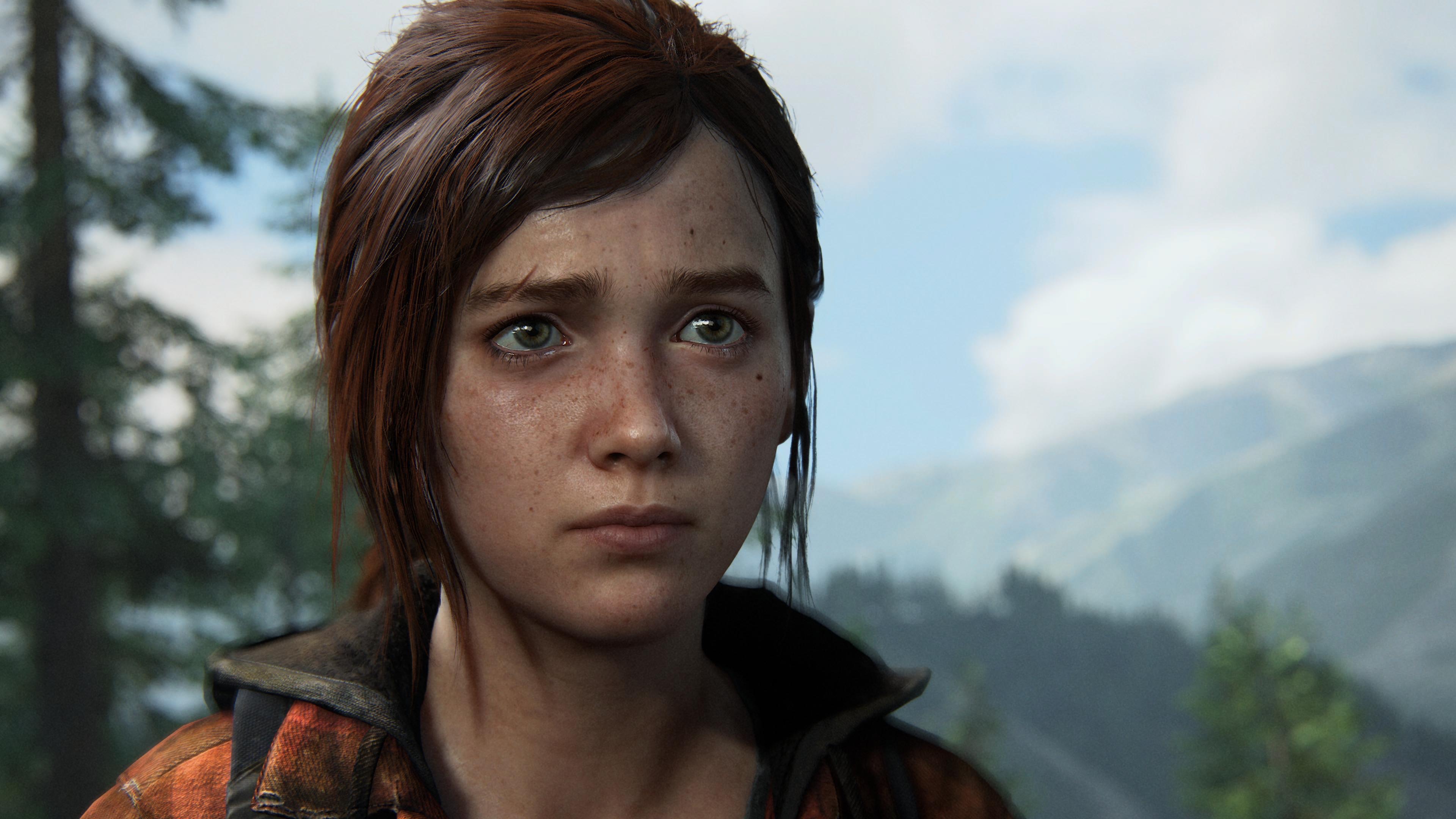
But Sony’s most recent approach to remakes is unsettling. Both The Last of Us Part I and the upcoming Horizon Zero Dawn remaster share something in common: the intention behind their existence is to push them into a state where they visually and mechanically match their sequels. The Last of Us Part I is meant to look like Part II, and Zero Dawn is going to look closer to Forbidden West.
Getting developers to update the previous entry in a series and make it “more modern” whenever a new sequel launches seems unhealthy. It would be fine if this was a one-off thing, but if this trend continues, it’s an enormous waste of time and resources. What’s next? A God of War (2018) remake that makes it look more like Ragnarök?
Going this far with a remaster seems like a waste
Allocating artists towards remastering a game that isn’t old seems strange. It’s probably immensely profitable, but it’s easy to question how that is worth the time and effort of hundreds of developers. Fresh ideas that could be fostered by that very same team are likely tossed aside in favor of these vapid, time-consuming projects.
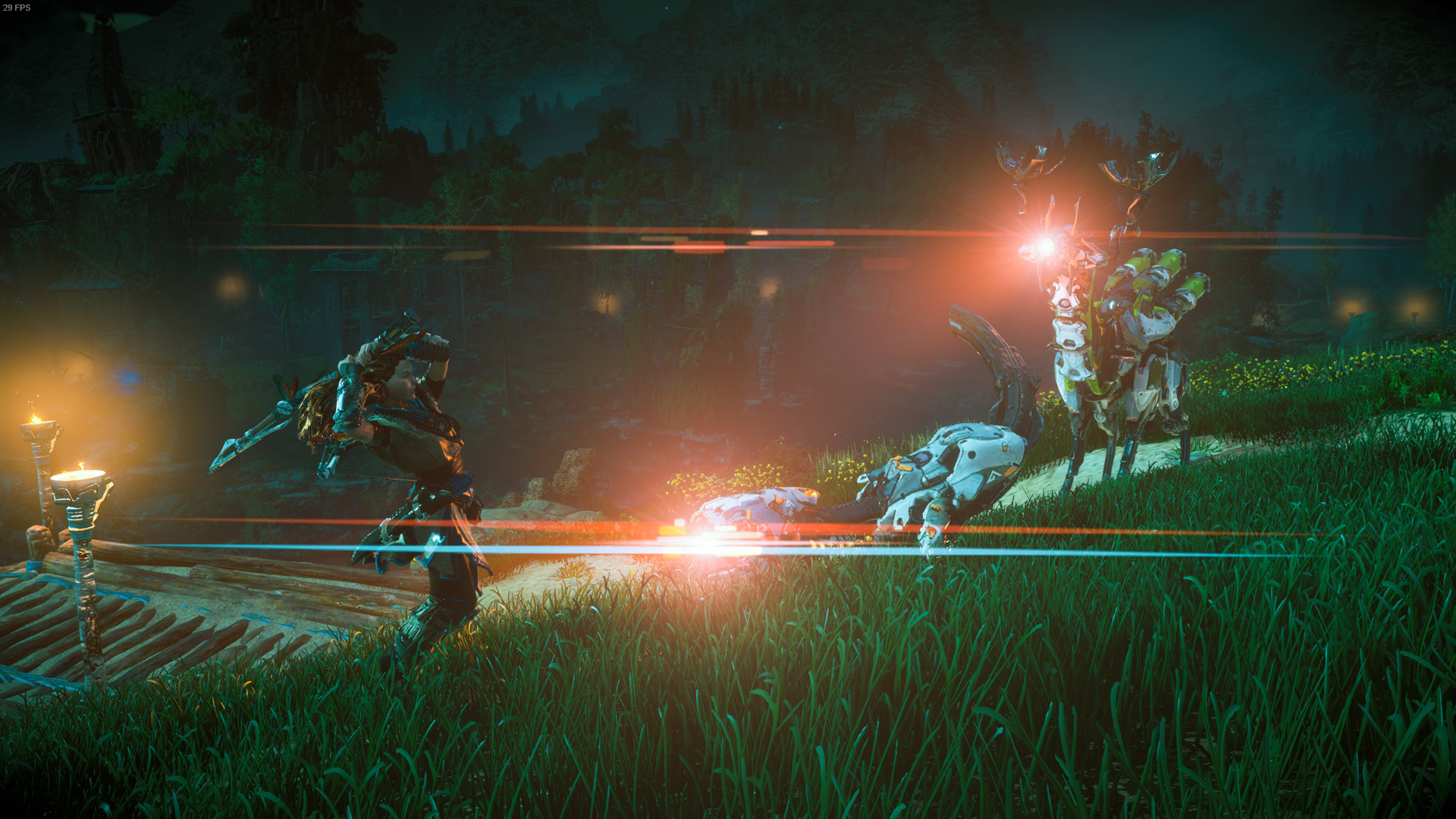
Every artist has ambitions, and considering how passionate game developers can be, it’s hard to imagine those who are assigned these sorts of tidy-up jobs are happy about it. To be fair, I’m speculating in that regard. A Horizon Zero Dawn remake could be in development by a team of people who are passionate about the game and truly do want to bring it to PS5, but I imagine the reality is somewhat closer to Sony (or someone higher-up at Guerilla Games) assigning it to them.
Back when remasters were minor improvements that focused more on preserving art and making that game playable on new consoles, it was easy to see why they were worth the time. But with how Sony has been handling its approach to remasters lately, it’s clear that this obsession is not about game preservation and accessibility as much as it is about the industry’s addiction to technological and graphical advancement. We can’t even let Horizon Zero Dawn rest in peace, a game that was already one of the best-looking open-world titles ever made five years ago.
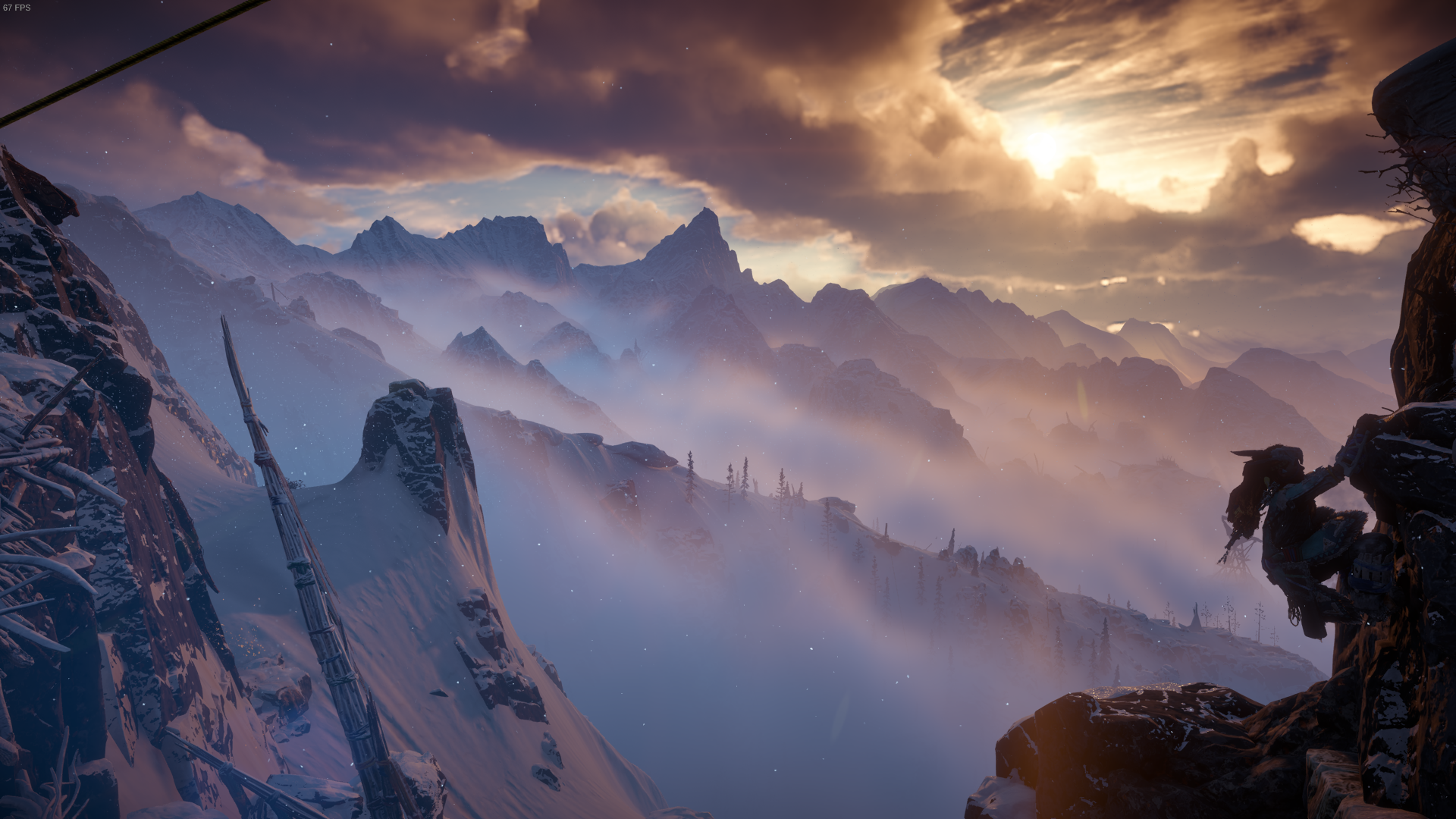
I’m not saying remasters can’t have passion poured into them. I’m also not saying that they can’t be artistic. I just worry that what Sony is doing takes the issues of sequelitis to its extreme; the desire to pump out frequent sequels for big games already caused novel ideas to get shunted, but at least with those, tons of fresh concepts can grow from the foundation of that sequel. With these remasters, there’s a lot less leeway for new ideas.
Of course, remakes can be really special. Final Fantasy VII Remake and Resident Evil 2 are new games that utilize modern technology to keep the spirit of their original counterparts intact. Apparent strength in the creator’s visions gives those projects life. I want to see Sony give creators more space to create. Art is truly magical, and I can’t help but feel like talent is being wasted by these attempts to “improve” games that look amazing anyway.
Has Sony always been obsessed with remakes?
While Sony’s most recent approach is certainly different, there’s actually precedence for this behavior throughout the company’s history. Within the first three years of the PS4’s launch, we had Uncharted: The Nathan Drake Collection and The Last of Us: Remastered come out, which almost perfectly parallels those series’ iterations on PS5. However, as mentioned previously, the improvements given to these games were a lot smaller overall.
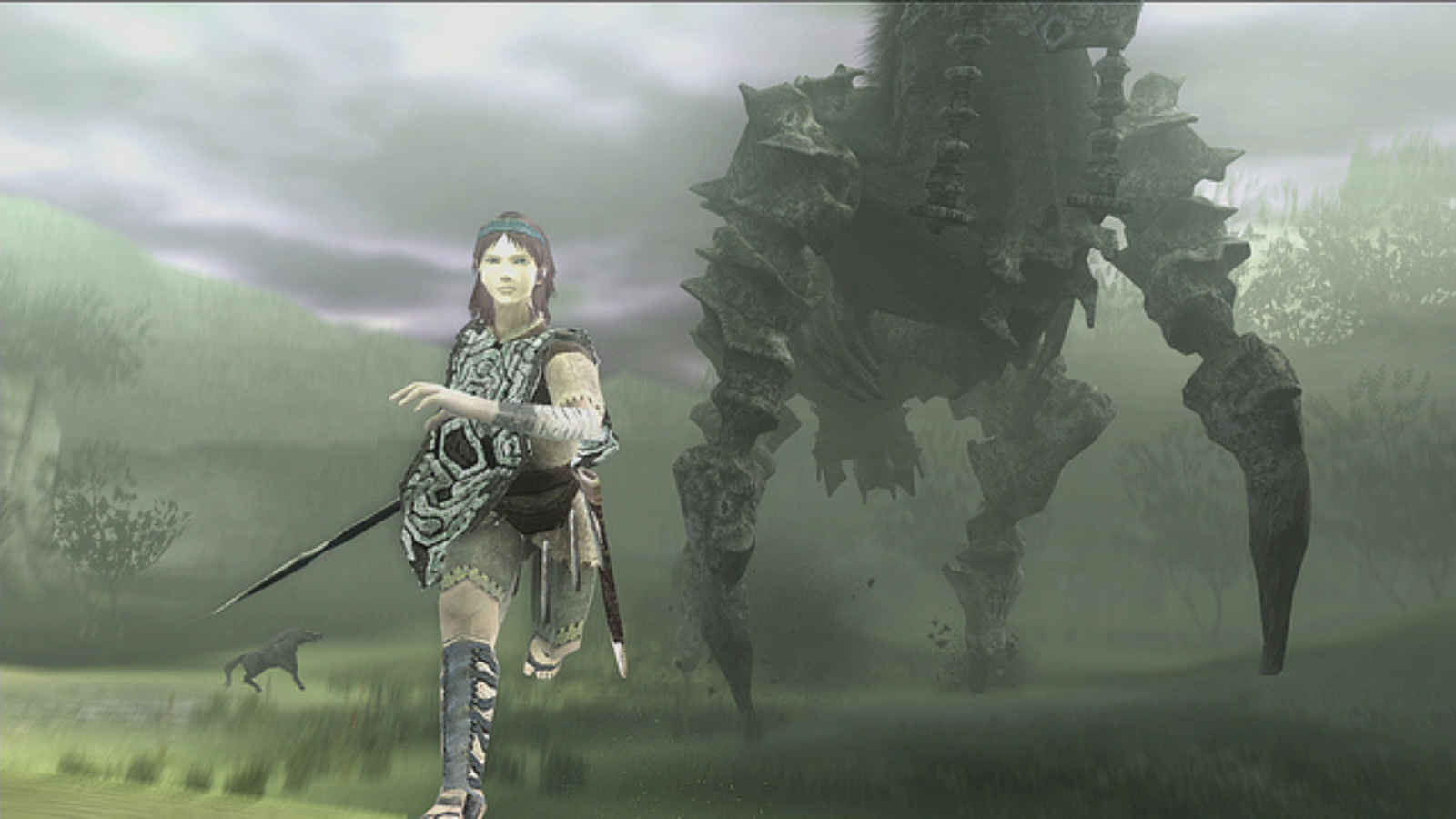
This is a trend that most clearly began for Sony during the PS3 era, where we saw plenty of old games get brought onto the new hardware, including things like the Ratchet & Clank Collection, God of War Collection, and The Ico & Shadow of the Colossus Collection. These were clearly ports more than anything else. You weren’t going to launch Ratchet & Clank: Going Commando and be blown away by how it looks compared with PS3’s Tools of Destruction.
Bottom line
Sony's approach to bringing old games back has evolved. More resources are being put into remastering and remaking games than ever before, and I can only hope the company’s obsession doesn’t take it so far that it begins to disregard the potential for new ideas.
I want Sony’s first-party studios to focus on developing new, amazing games. Horizon Zero Dawn is still great, and I personally find it heartbreaking that PlaySation would rather focus on remastering an already gorgeous experience rather than allocating those resources toward a place where artists can be more creative.
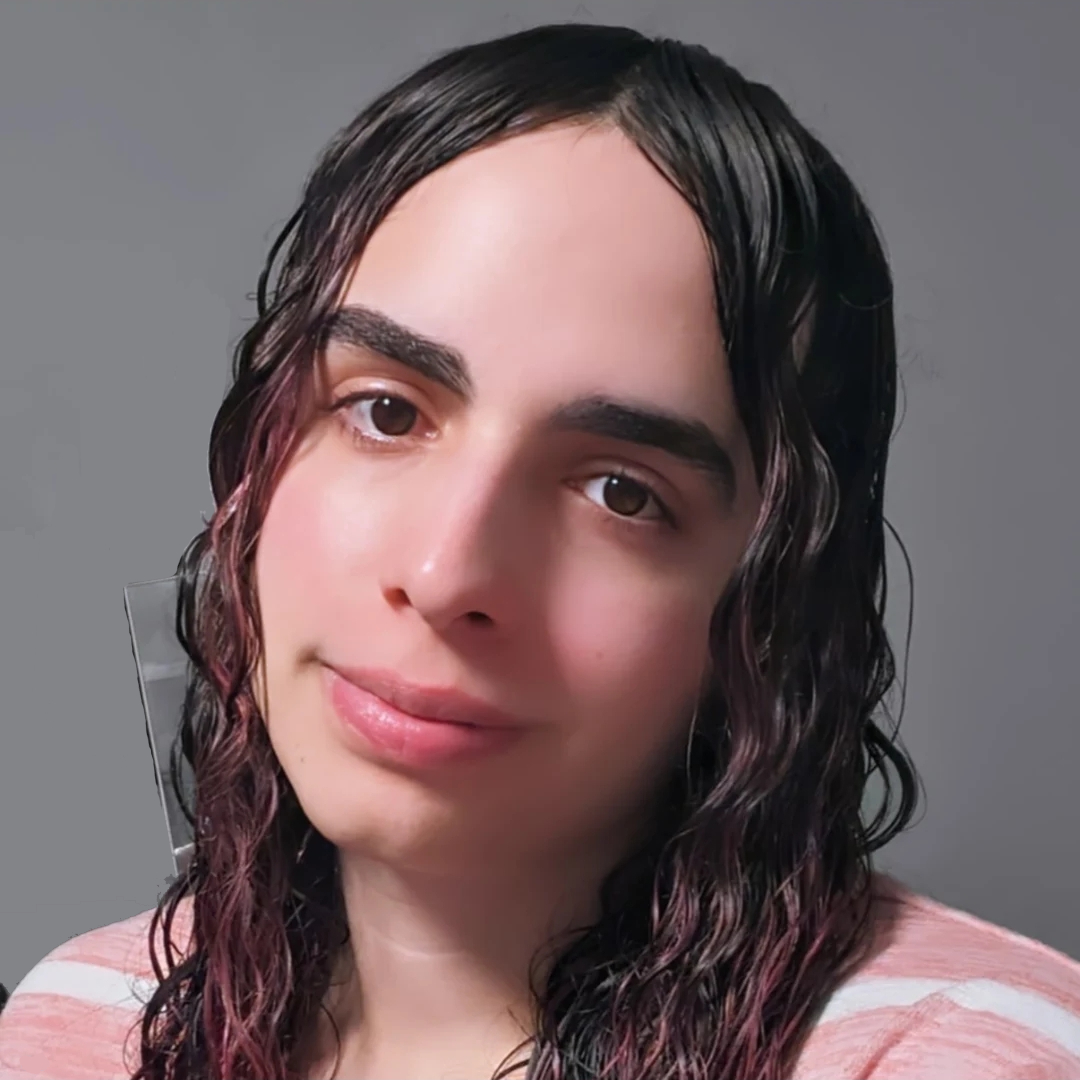
Self-described art critic and unabashedly pretentious, Claire finds joy in impassioned ramblings about her closeness to video games. She has a bachelor’s degree in Journalism & Media Studies from Brooklyn College and five years of experience in entertainment journalism. Claire is a stalwart defender of the importance found in subjectivity and spends most days overwhelmed with excitement for the past, present and future of gaming. When she isn't writing or playing Dark Souls, she can be found eating chicken fettuccine alfredo and watching anime.
